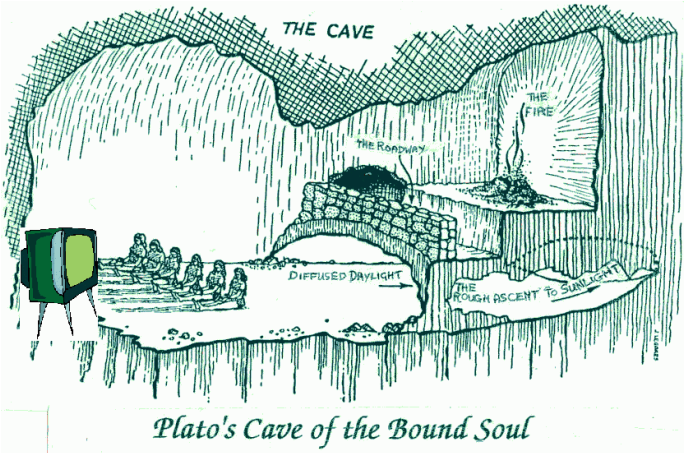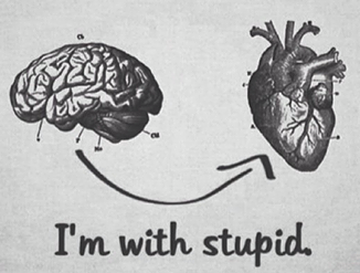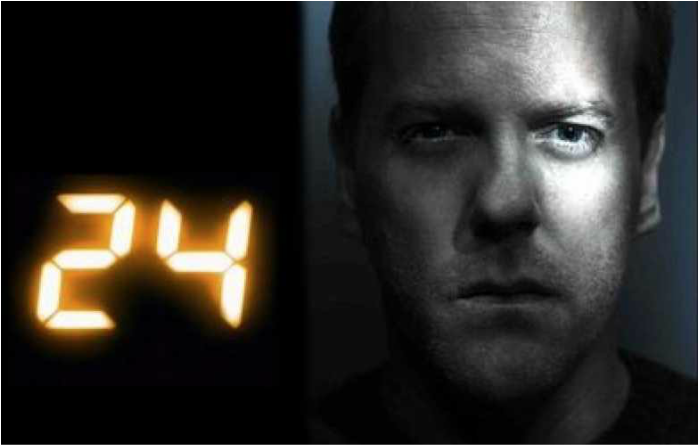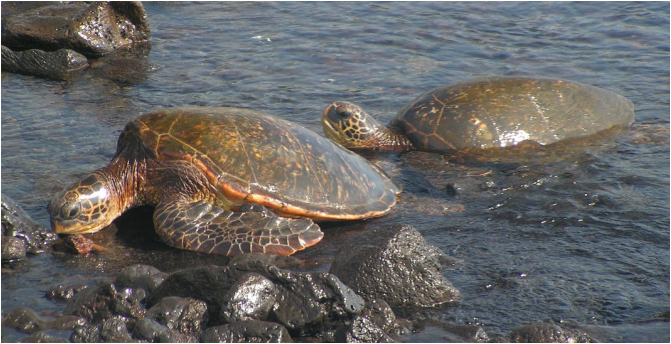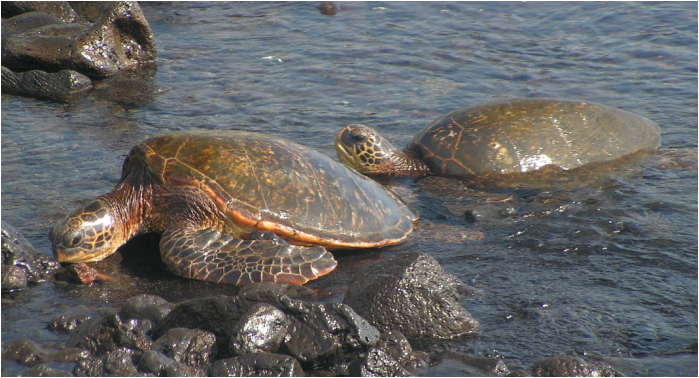-------------------------------------------------
Members of the bizarre Weatherfield sect lived a very secluded life at St Hilda Hogden House. All but the leaders were forbidden any contact with the outside world and were taught that reality was the world portrayed on soap operas - the only television programs they were allowed to watch. For the Weatherfieldians, as they were known, Coronation Street, The Bold and the Beautiful, EastEnders, and Neighbours were not works of fiction but fly-on-the-wall documentaries. And since most of the members had been born in the commune, the pretence was not hard to maintain.
One day, however, disciple Kenneth, who had always been a touch rebellious, decided to leave Hogden's and visit the places he had seen so often on the altar box. This was, of course, strictly prohibited. But Kenneth managed to escape.
What he found amazed him. The biggest shock came when he managed to get to Coronation Street and discovered it wasn't in Weatherfield at all, but was a set in the Granada Studios.
But when he furtively returned to Hogden's and told his fellow disciples what he had discovered, he was dismissed as a lunatic. 'You should never have left,' they told him. 'It's not safe out there. The mind plays tricks on you!' And with that they chased him from the commune and forbade him to enter again.
Baggini, J., The Pig That Wants to Be Eaten, 2005, p. 55.
-------------------------------------------------
The original Allegory of the Cave takes up only four pages in my edition of The Republic, but rather than type that all in here, it'd be easier for you to click over and read a pdf version online from Stanford. Or, if you prefer, you can just watch this 4-minute summary made by TED-Ed.
Plato used this story to describe the feelings a philosopher has when he tries to speak to the common man after going off to contemplate the "higher truths of reality." But the widespread and lasting power of this story is a testament to just how many groups and individuals have felt this way about others being chained to their views. Take this final passage for example:
Now imagine what would happen if he went down again to take his former seat in the Cave. Coming suddenly out of the sunlight, his eyes would be filled with darkness. He might be required once more to deliver his opinion on those shadows, in competition with the prisoners who had never been released, while his eyesight was still dim and unsteady; and it might take some time to become used to the darkness. They would laugh at him and say that he had gone up only to come back with his sight ruined; it was worth no one's while even to attempt the ascent. If they could lay hands on the man who was trying to set them free and lead them up, they would kill him.
How many people throughout history can identify with these feelings of righteousness as well as these fears of hostile incomprehension? Religious zealots, nationalist citizens, meditated yogis, drugged-out hippies, political warriors, scientific practitioners, evolutionary philosophers..... Any group of "us" has the potential to see a group of "them" as chained fools. But each of us are also susceptible to committing logical fallacies (a list of which I detailed in my response to thought experiment number three), which blind us to our own blindspots. But, as Plato said,
Knowledge is justified true belief.
And as David Hume said,
A wise man proportions his belief to the evidence.
When we can keep these definitions of fallacies and knowledge and wisdom in mind, we are much less likely to find ourselves staring at shadows or soap operas, or believing that others are the ones that are doing so. We've all come out of caves at some point in our personal and evolutionary history, so it would be far better to recognise that shared fact and discuss the light that we each see rather than comforting ourselves with stories of how others are mired in darkness.
